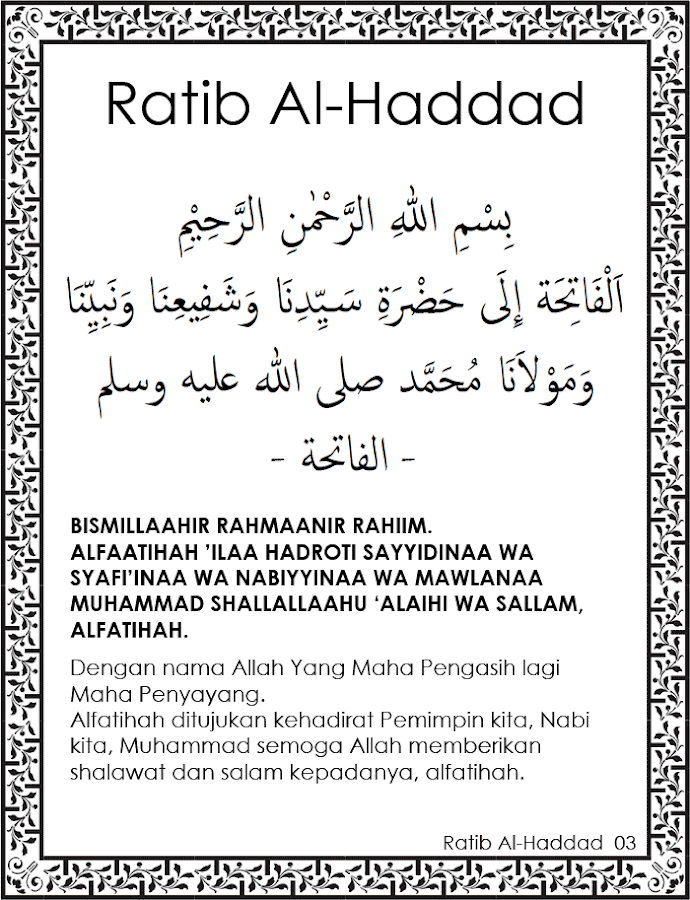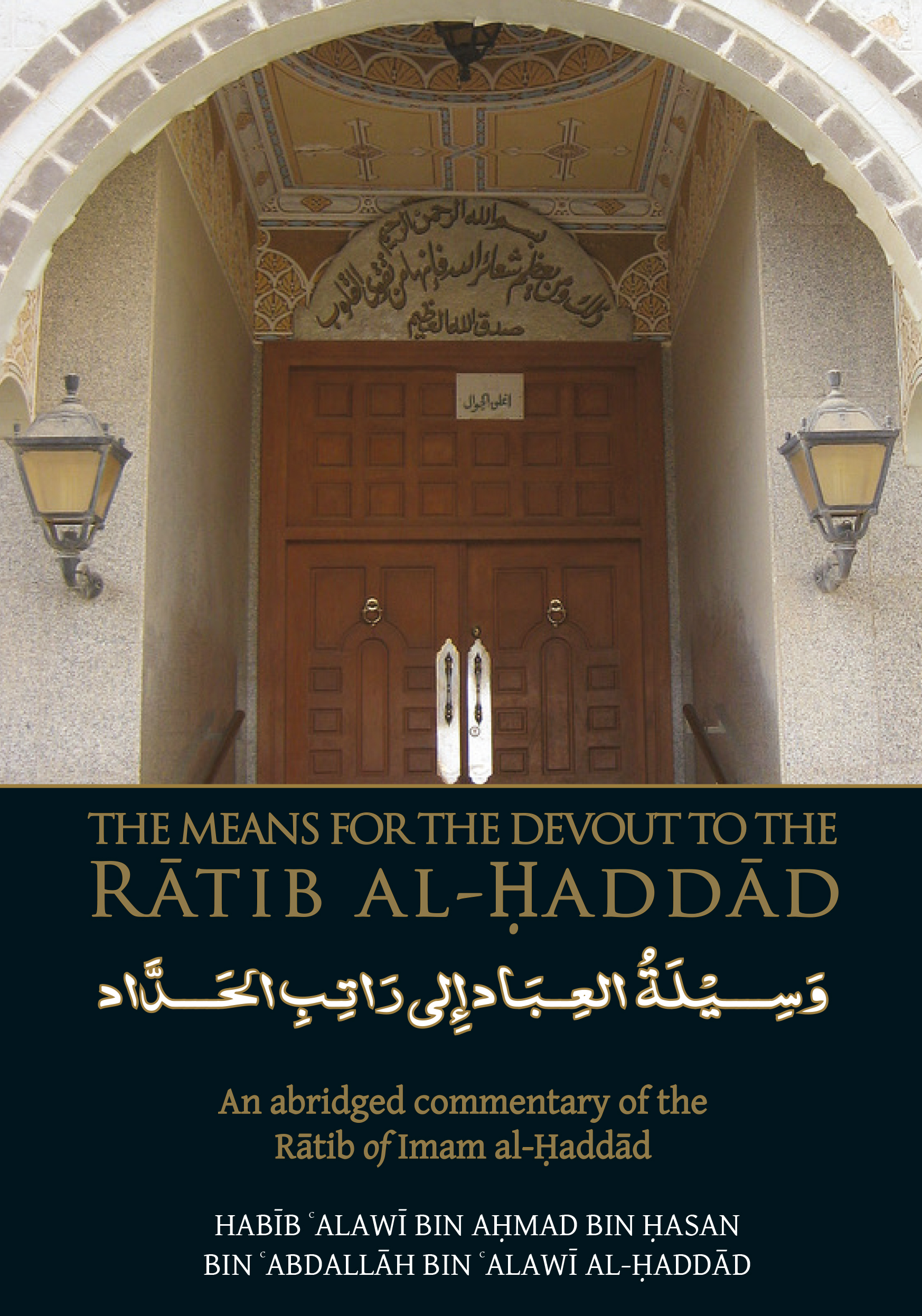

sayyid), of the Shafi'i madhab (school of jurisprudence), originate from the Hadramawt, Yemen and played a major role in the Islamization of East Africa, Southern India, and the Malay- Indonesian Archipelago.


The tariqah al- 'alawiyyah is the path of the Siidat Bani 'alawiyyah. The recent emergence and current development of the Imami Shi'i school in Indonesia and Malaysia can only be understood against the backdrop of the early history of the Si 'ah, as well as that of the history of the Islamization of the Malay-Indonesian tor that binds these three historical processes together in a remarkable case of "conversion" within Islam is the 'olawiyyali sufi order (al-tariqah Archipelago. These rituals can keep their social-religious authority as ahl al-bayt (the descendants of Prophet Muhammad). From our view, the practice of the Sufi path, ‘Alawîyah Tariqa in Gresik, has become moral values that were internalized by its followers, and have been implemented by them as a behavior in the community. In this context, the ritual has found aspects of the socio-anthropological values, as it involves a series of human creativity that has been shaping the culture, communication, and mobility in the social environment. It is found that rituals practiced by ‘Alawîyyîn in Gresik are reading râtib, h}awl and rawh}ah. Therefore, they have significant roles to keep their identity as ‘Alawîyyîn diaspora. It observes the ‘Alawîyyîn scholars as a group of migrants who adapt their Sufi path creatively with their new environment.

The following article gives reviews on roles of the Sufi path, ʿAlawîyah Tariqa among ‘Alawîyyîn, to success their diaspora in Gresik regency using the socio-anthropological approach.


 0 kommentar(er)
0 kommentar(er)
